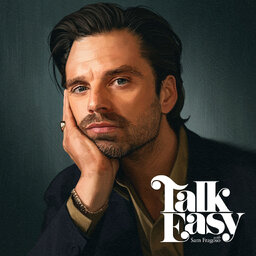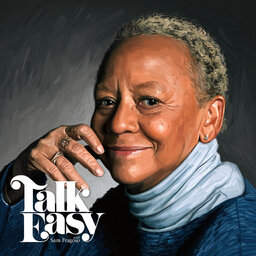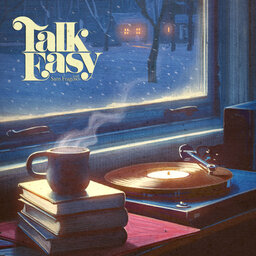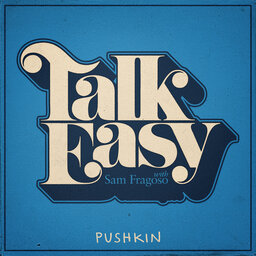Every Second Counts with Actor Jon Bernthal (‘The Bear’)
Over the long holiday weekend, we’re returning to our conversation with actor Jon Bernthal! To begin, we discuss his performance on HBO’s We Own This City (6:00), policing and gun culture in America (9:15), growing up grappling with toxic masculinity (14:47), his pivot to acting in college (23:30), and the powerful history of theater in Moscow (27:25).
On the back-half, he reflects on his first year in Los Angeles (32:45), the night that changed his life (37:44), and the magic behind the making of Martin Scorsese’s The Wolf of Wall Street (45:05). To close, Jon shares his hopes for the future (51:00) and how, as a father, he’s processed these tragic weeks in America (52:58).
In 1 playlist(s)
Talk Easy with Sam Fragoso
Talk Easy with Sam Fragoso is a weekly series of intimate conversations with artists, activists, and…Social links
Follow podcast
Recent clips

The Year of Actor Sebastian Stan (‘The Apprentice’)
1:16:35

Remembering Poet Nikki Giovanni
44:21

Talk Easy in 2024: A Mixtape
58:40
 Talk Easy with Sam Fragoso
Talk Easy with Sam Fragoso